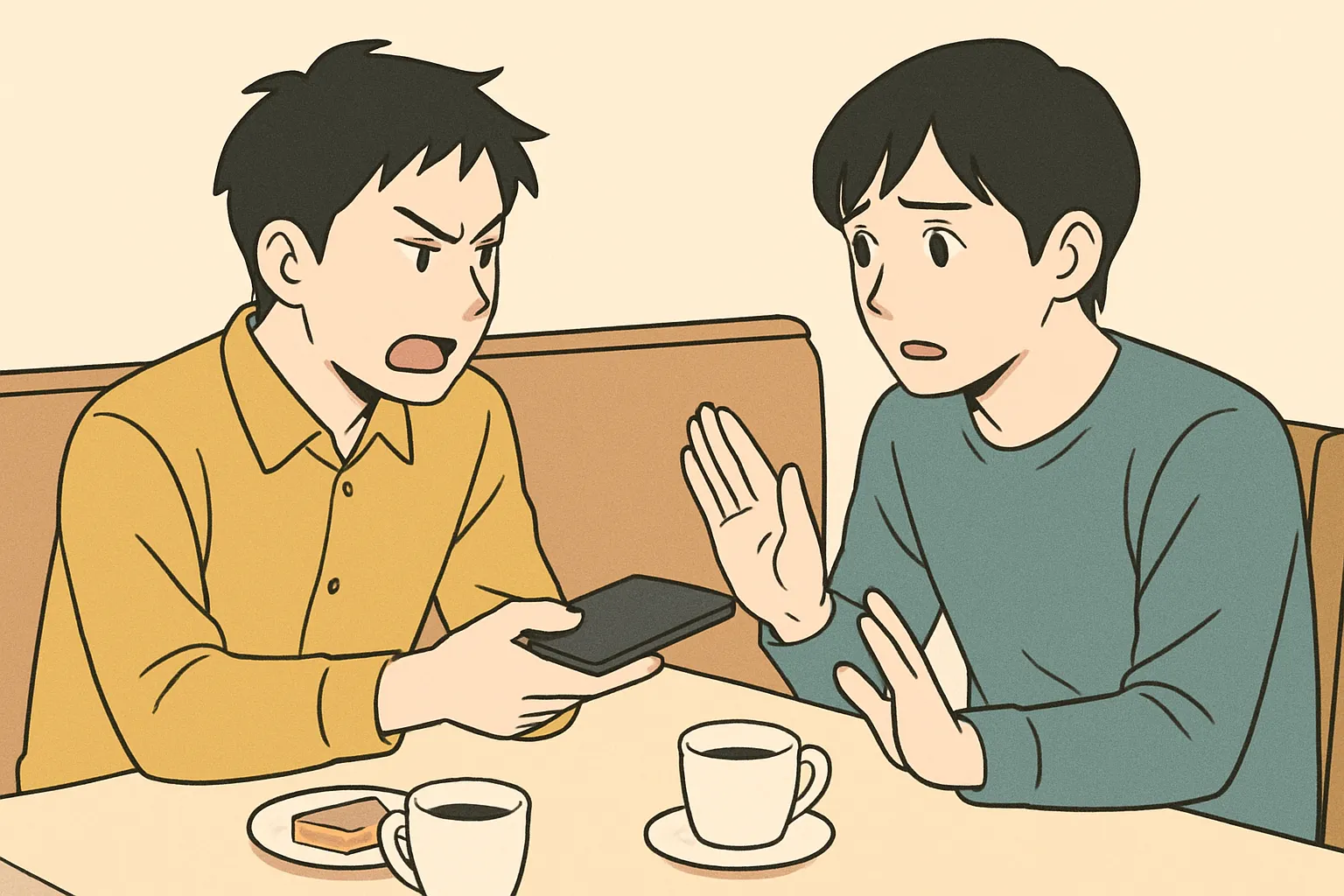Make Friends in Seoul: Talk About Your Weekend!
Hello! It’s your favorite Korean tutor, Maeil Hangeul, here to level up your Korean skills!
Have you ever been to a party in Korea and wanted to make a new friend, but didn’t know what to say? Asking about weekend plans is the perfect icebreaker! It’s a friendly, casual way to start a conversation and learn more about someone.
Lately in Korea, “healing” (힐링) weekends are a huge trend! People love escaping the busy city to relax at aesthetic cafes, go hiking, or just chill at home watching the latest K-drama. Today, we’ll learn how to talk about these plans so you can join the conversation and sound like a local!
Core Expressions for Your Weekend Chat
Here are the essential phrases you need to know. Let’s break them down!
- 1. 주말에 보통 뭐 해요?
- Pronunciation [Romanization]: Ju-mal-e bo-tong mwo hae-yo?
- English Meaning: What do you usually do on weekends?
- Detailed Explanation: This is the golden question! It’s the most natural way to ask someone about their weekend routine. It’s polite and friendly, perfect for talking to new acquaintances.
주말(jumal) = Weekend보통(botong) = Usually뭐 해요?(mwo haeyo?) = What do you do?
- 2. 저는 보통 집에서 쉬어요.
- Pronunciation [Romanization]: Jeo-neun bo-tong jib-e-seo swi-eo-yo.
- English Meaning: I usually rest at home.
- Detailed Explanation: This is a super common and relatable answer! It’s perfect for when you just want to relax. This phrase shows you enjoy a “healing” weekend at home.
집에서(jib-eseo) = At home쉬어요(swi-eo-yo) = I rest / relax.
- 3. [Activity Verb]-(으)러 가요.
- Pronunciation [Romanization]: -(eu)reo ga-yo.
- English Meaning: I go to (do something).
- Detailed Explanation: This is a super useful grammar pattern! You attach it to a verb to say you are going somewhere for the purpose of doing that action.
- If the verb stem ends in a vowel (like
보다bo-da, to see): Add-러 가요. → 보러 가요 (bo-reo ga-yo) = I go to see. - If the verb stem ends in a consonant (like
먹다meok-da, to eat): Add-으러 가요. → 먹으러 가요 (meog-eu-reo ga-yo) = I go to eat. - Example: “저는 영화 보러 가요.” (I go to watch a movie.)
- If the verb stem ends in a vowel (like
- 4. 진짜요? 재밌겠다!
- Pronunciation [Romanization]: Jin-jja-yo? Jae-mit-get-da!
- English Meaning: Really? That sounds fun!
- Detailed Explanation: This is the perfect reaction! It shows you’re interested and engaged in the conversation. Use
진짜요?(Jinjayo?) to show surprise and재밌겠다!(Jaemitgetda!) to say something sounds fun. It makes you a great conversation partner!
Example Conversation
Let’s see how these phrases work in a real chat at a party!
A (Alex): 유나 씨, 주말에 보통 뭐 해요?
(Yuna-ssi, ju-mal-e bo-tong mwo hae-yo?)
Yuna, what do you usually do on weekends?
B (Yuna): 저는 보통 예쁜 카페에 커피 마시러 가요. 요즘 인기 있는 드라마 ‘선재 업고 튀어’에 나온 카페가 있거든요.
(Jeo-neun bo-tong ye-ppeun ka-pe-e keo-pi ma-si-reo ga-yo. Yo-jeum in-gi it-neun deu-ra-ma ‘Seon-jae eop-go twi-eo’-e na-on ka-pe-ga it-geo-deun-yo.)
I usually go to pretty cafes to drink coffee. There’s this cafe that appeared in the popular drama ‘Lovely Runner’ recently.
A (Alex): 와, 진짜요? 재밌겠다!
(Wa, jin-jja-yo? Jae-mit-get-da!)
Wow, really? That sounds fun!
B (Yuna): 네! 알렉스 씨는요? 주말에 뭐 해요?
(Ne! Al-lek-seu-ssi-neun-yo? Ju-mal-e mwo hae-yo?)
Yes! How about you, Alex? What do you do on weekends?
A (Alex): 저는 보통 집에서 쉬어요.
(Jeo-neun bo-tong jib-e-seo swi-eo-yo.)
I usually rest at home.
Culture Tip: The K-Drama Pilgrimage
As you saw in the dialogue, K-Dramas have a huge influence on weekend trends! When a beautiful cafe, restaurant, or park appears in a hit drama like ‘Lovely Runner’ (선재 업고 튀어), it instantly becomes a ‘핫플’ (hat-peul), or a “hot place.”
Visiting these filming locations is a popular weekend activity called ‘성지순례’ (seong-ji-sun-lye), which literally means “pilgrimage.” People go there to take photos and relive their favorite scenes from the drama. So, if you hear a Korean friend talking about visiting a drama location, you can impress them by saying “재밌겠다!” (Jaemitgetda!).
Let’s Practice!
You’re doing great! Let’s check what you’ve learned.
- Fill in the blank: You want to say, “I go to eat bread.” How would you complete this sentence?
저는 빵 _________ 가요. (Jeo-neun ppang _________ ga-yo.)
(Hint: The verb “to eat” is먹다(meok-da)). -
Your turn! How would you answer this question in Korean?
“주말에 보통 뭐 해요?” (What do you usually do on weekends?)
Try using저는 보통...(I usually…) and one of the patterns we learned today!
That’s all for today! You’re now ready to chat about weekends and make new friends in Korean.
Leave a comment below and tell us your weekend plans using the phrases you learned! We can’t wait to read them! Keep up the amazing work






